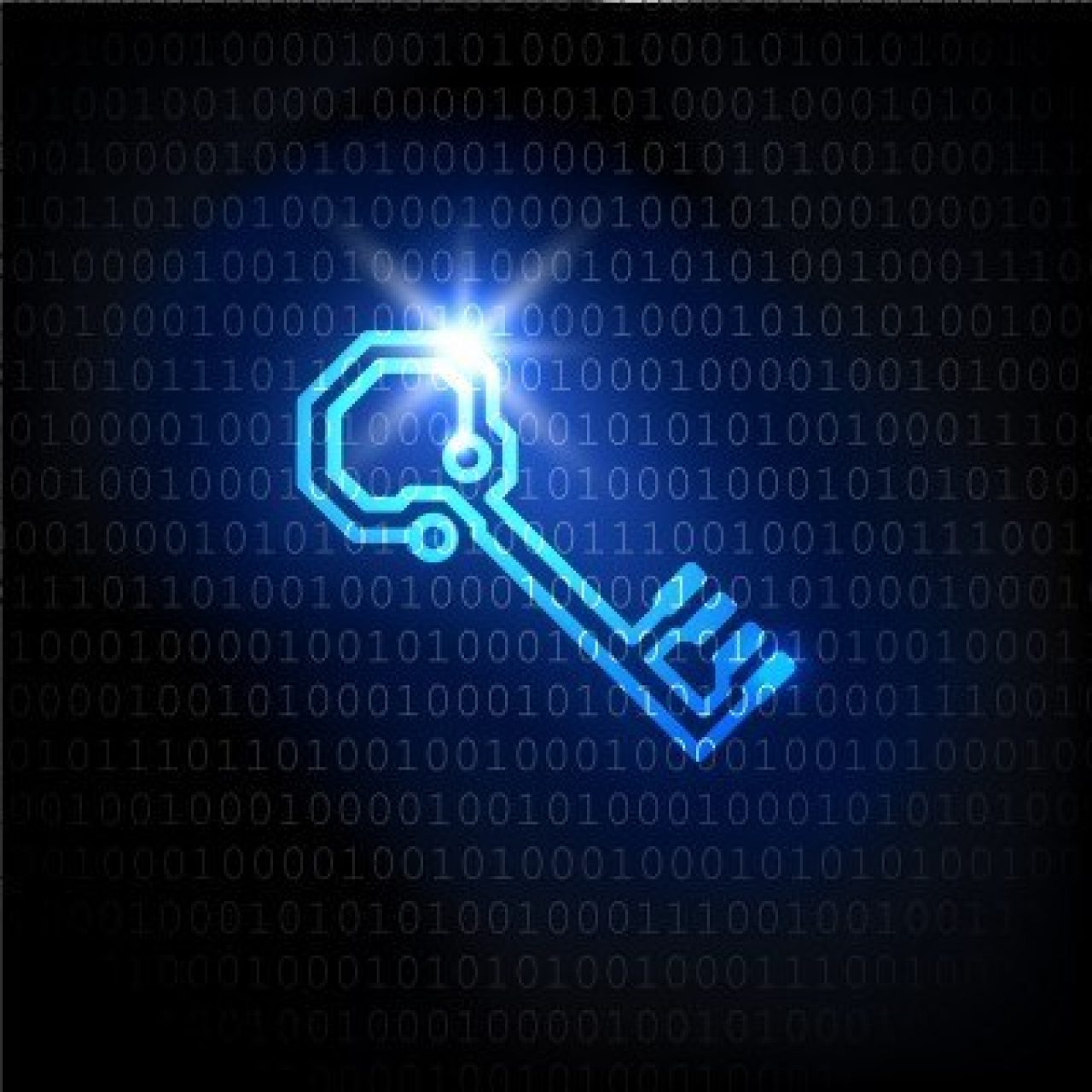What Is Encryption?
Big corporate security breaches are becoming more common. What can you do to protect your personal data? Learn more about encryption here.
We've all heard about security breaches at big companies over the past year like Adobe, Target, Home Depot, eBay and J.P. Morgan. Unfortunately, these security issues are becoming more common. 47 U.S. states have recently passed or proposed new laws requiring businesses to notify individuals when a security breach compromises their personal data. However, the recent breaches could have been a lot worse. What was similar across these cases was the fact that the thieves stole encrypted data, which was of no use to them.
Encrypted data. What does that mean?
Encryption means coding or mixing up information so that it can only be decoded and read by someone authorized to do so. The authorized party has a particular key that unlocks the code to reveal the information in its original form. Basically, encryption is a method of taking information and making it unreadable--unless you have the code to unlock it. If someone without the code tries to view the information, it looks like a string of jumbled letters and numbers, impossible to understand.
You likely use encryption every day, although you might not know it. Encryption is frequently used by websites that require passwords and payment info. There are several methods used for encryption: private keys, public keys, SSH keys and hashtag algorithms. Some are better than others, so it's helpful to know the encryption level used by an application or company before you enter your personal information.
So the question is: why not encrypt everything? There are companies that think it's too hard; they don't have the money or the time. But, there is no good reason for a company not to encrypt all their customer data. Did you know that when a company laptop gets stolen, in some states, the company doesn't even have to report the theft? The computer could contain personal information for thousands of customers, and now it's in the hands of thieves. Can you imagine?
That's why it's important for local governments to step in and pass laws that set minimum standards for businesses to encrypt customer data. Some states have, but until it becomes the universal standard, these security breaches will only become more frequent.
So what can I do to protect my data?
Make sure you secure the private information on your computer. You can encrypt your hard drive with software like Microsoft's BitLocker. You can also encrypt flash/USB drives with this software.
If you're using an insecure network or open WiFi, a hacker can steal your data as it's transferred. That means everything you're doing over the Internet could possibly be intercepted. If you use a VPN (Virtual Private Network), you make that data more difficult to intercept.
You can encrypt your email with popular services like Gmail and Outlook by adjusting your inbox settings. You can also encrypt any Word, Excel, PowerPoint or PDF documents by adjusting your application settings.
At first glance, this might seem like a lot of work. But, there are lots of how-to guides out there to walk you through, step by step. Besides, when it comes to online security, you really are better safe than sorry. Give us a call if you'd like help!

 Member Connect
Member Connect